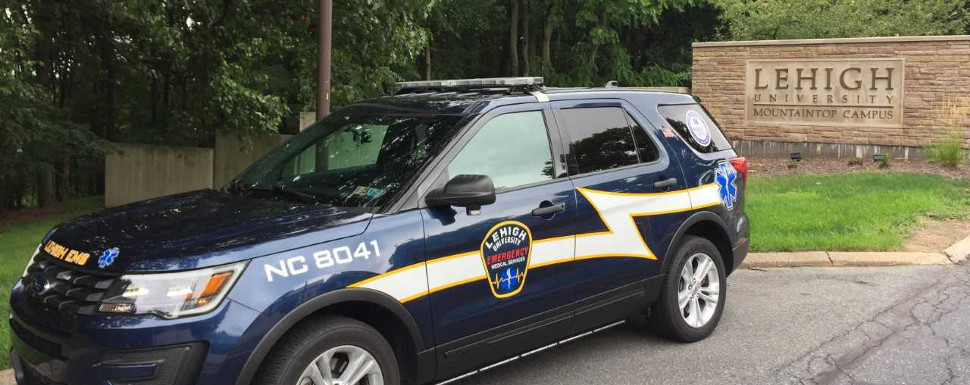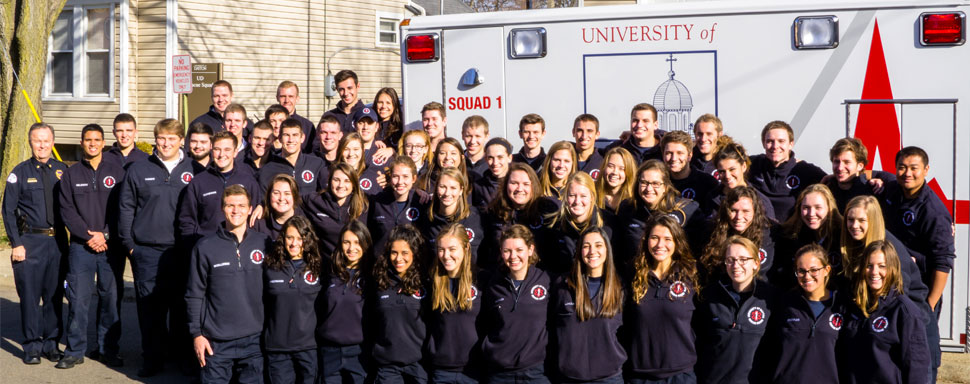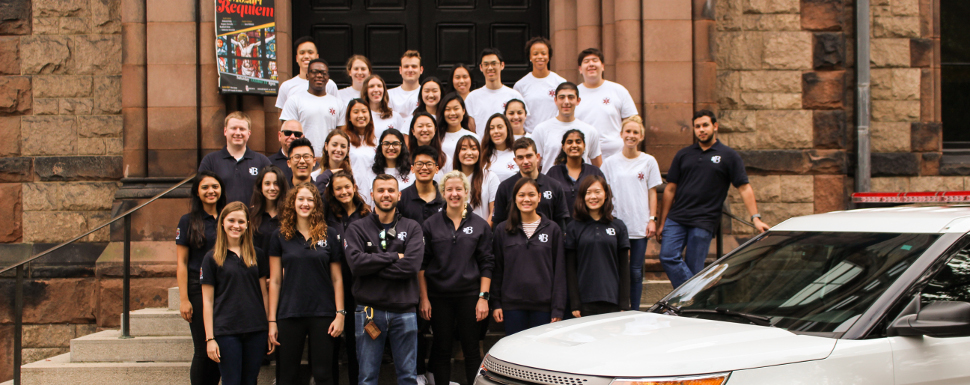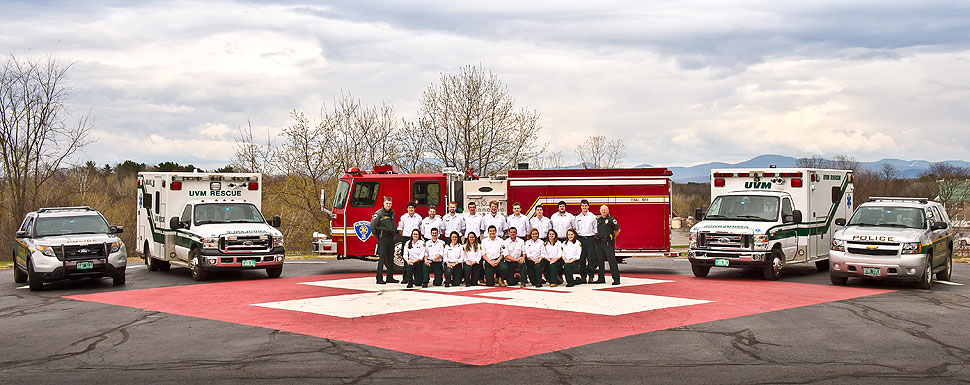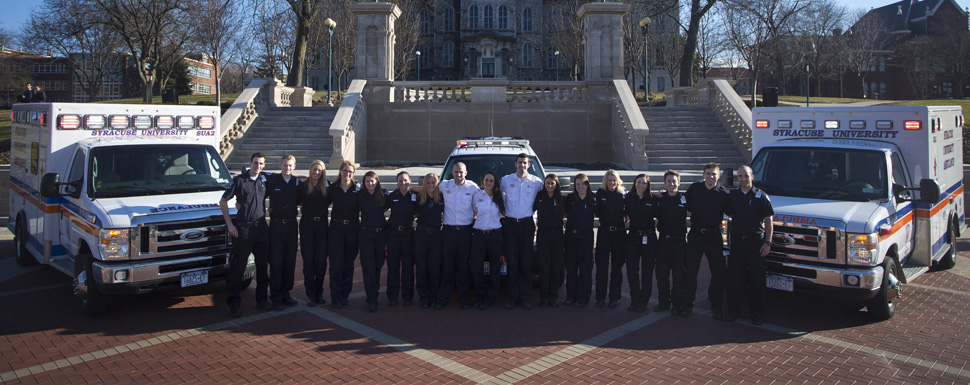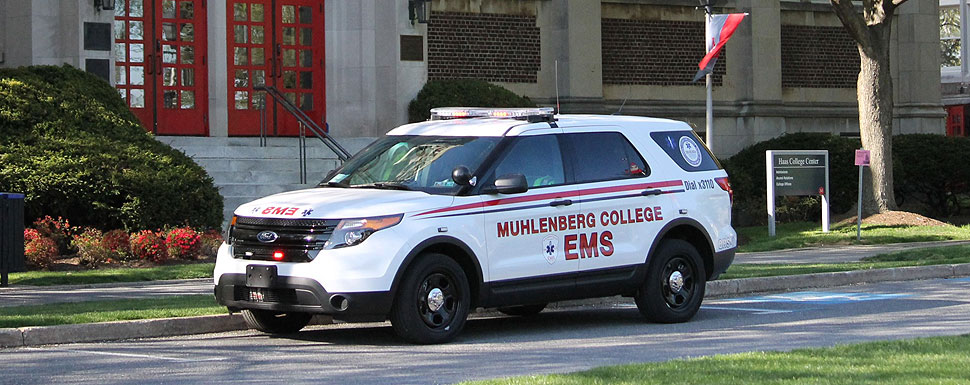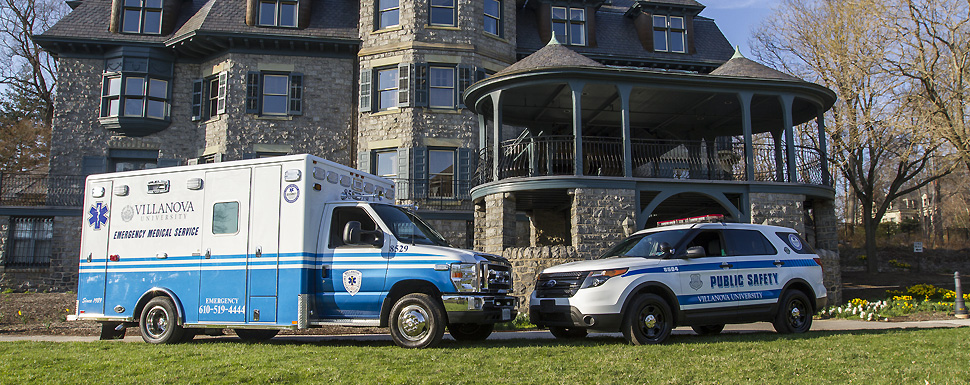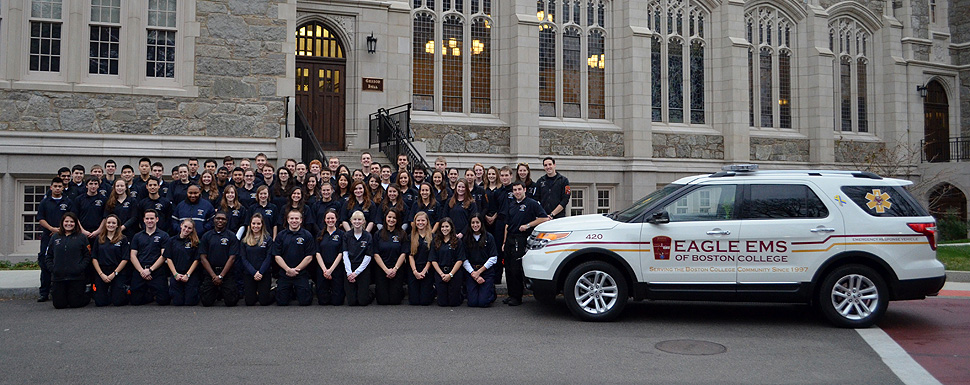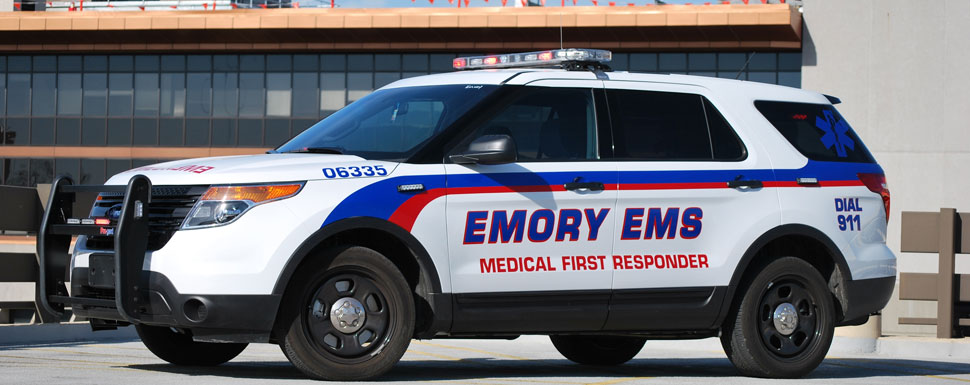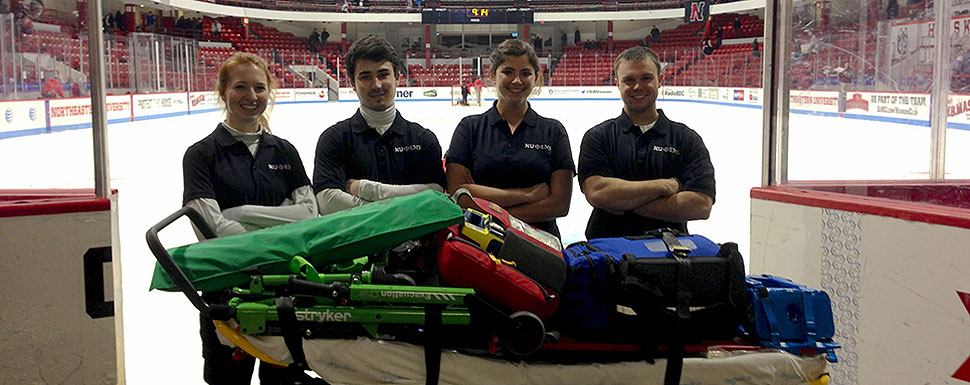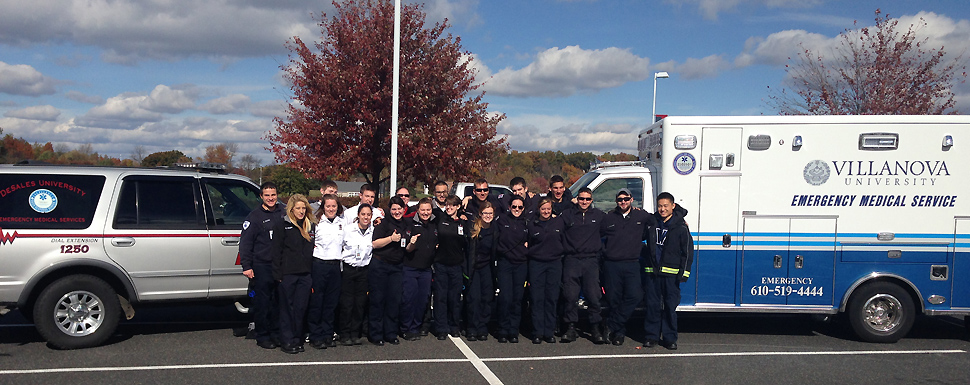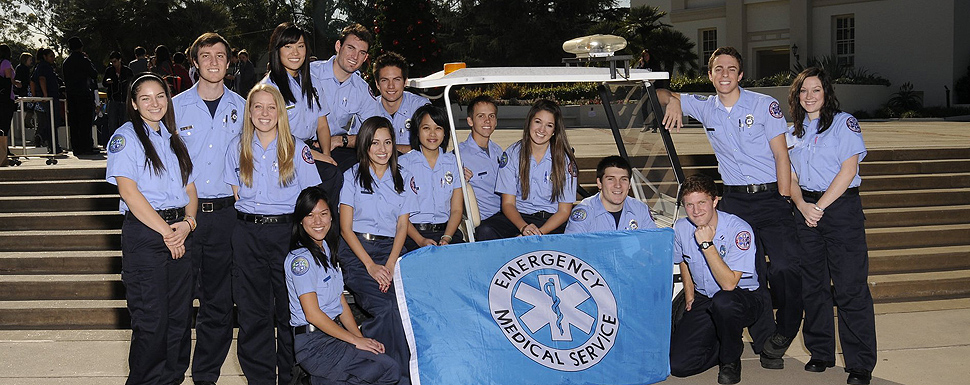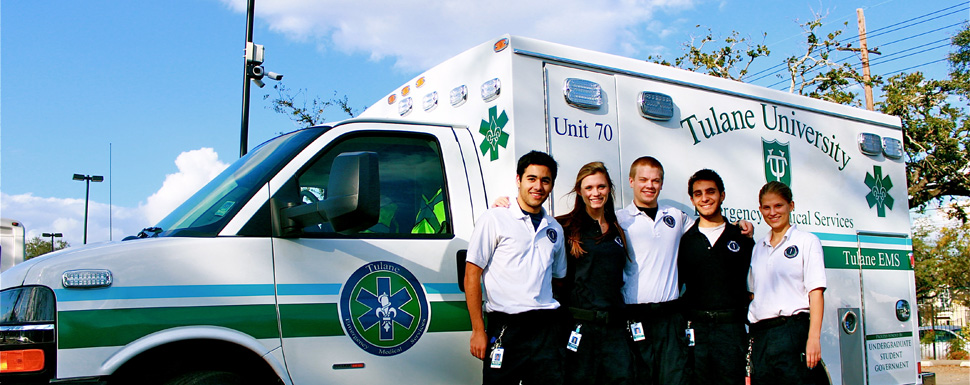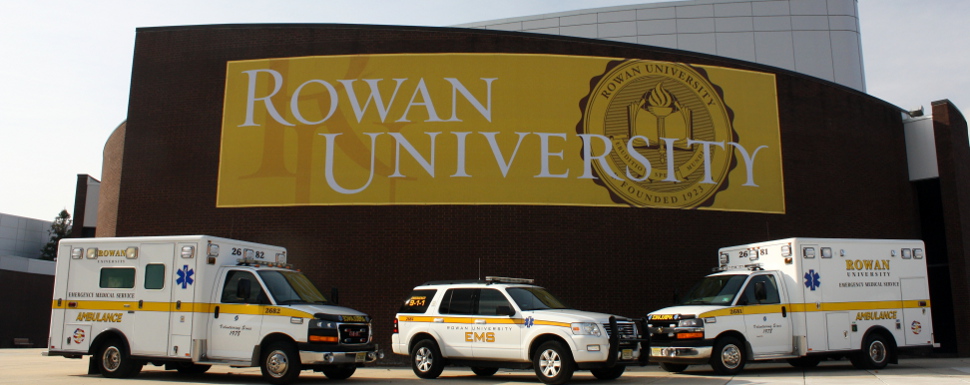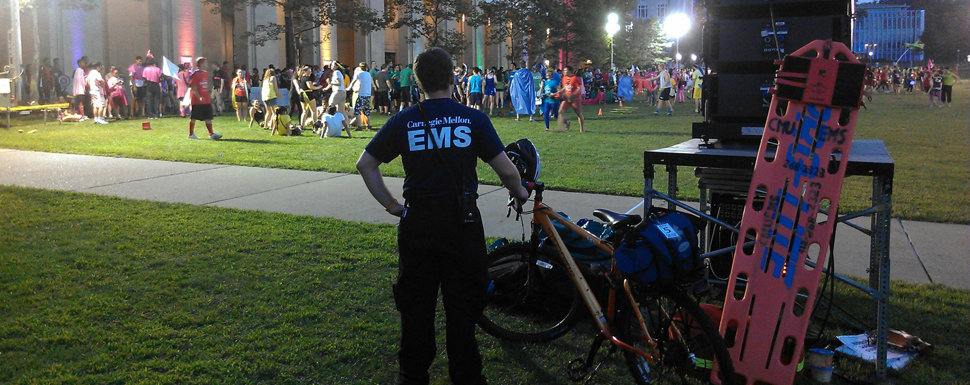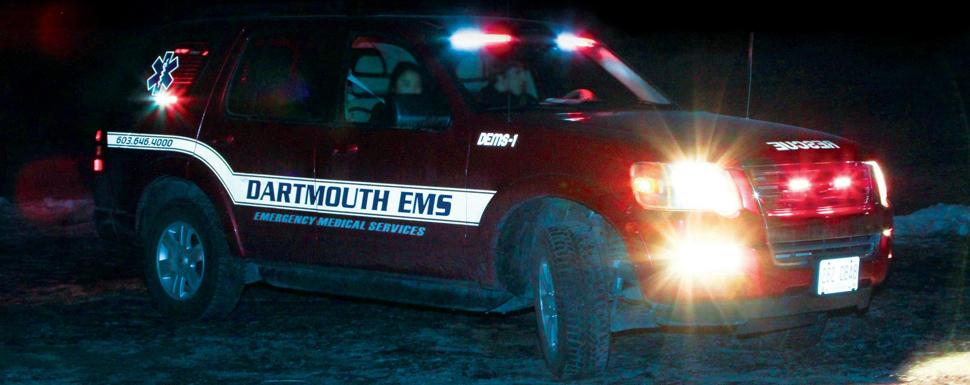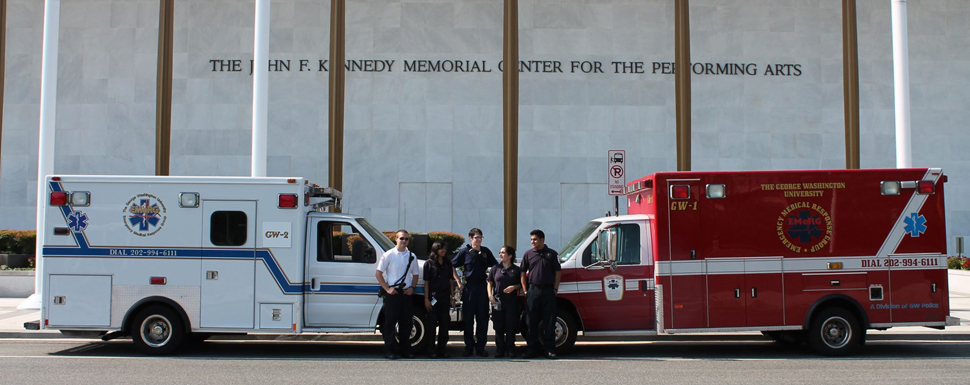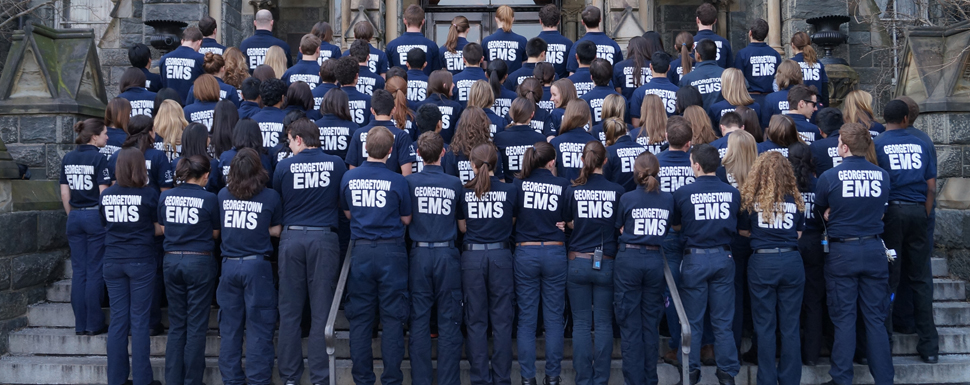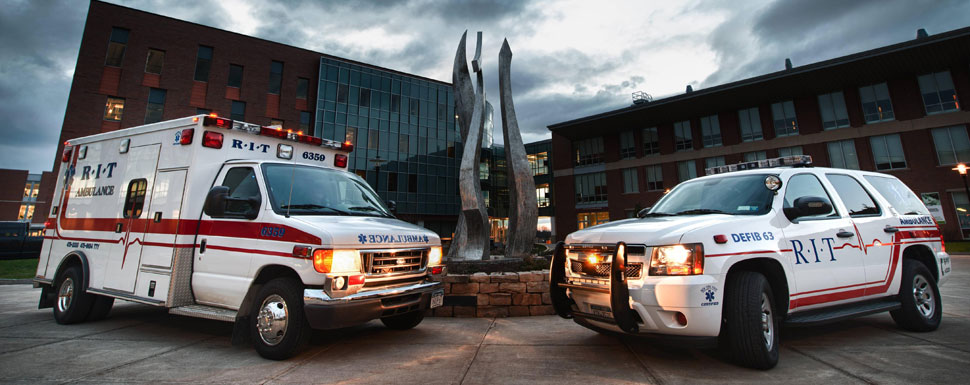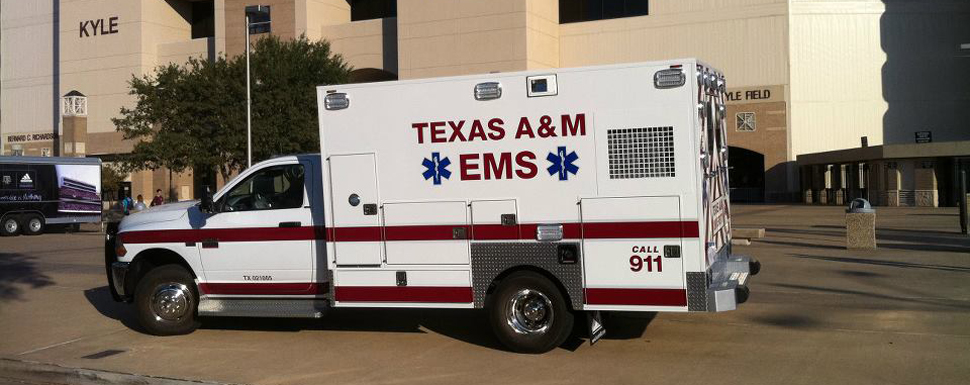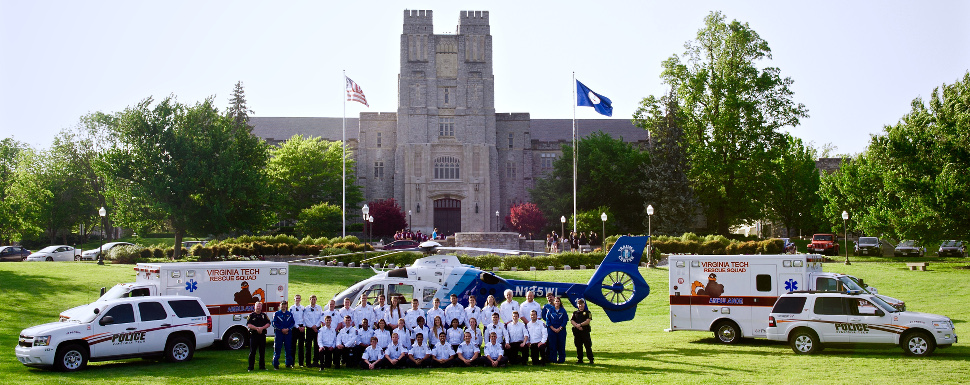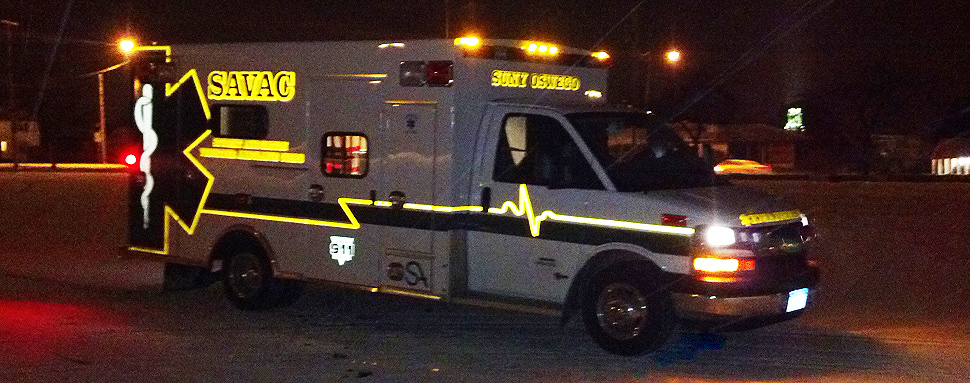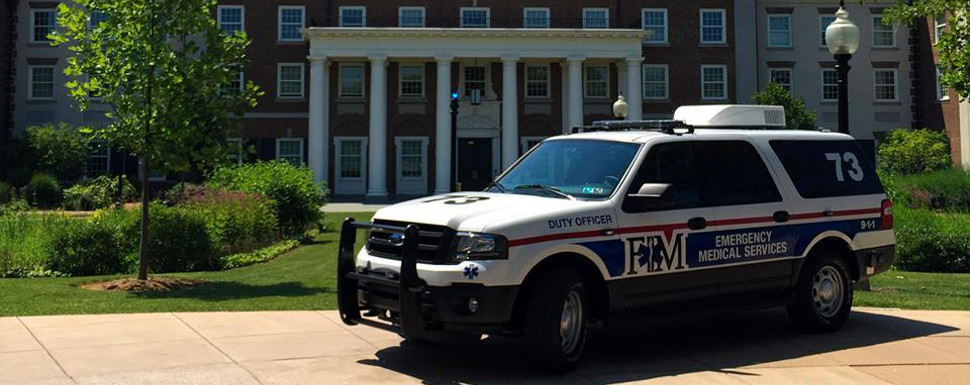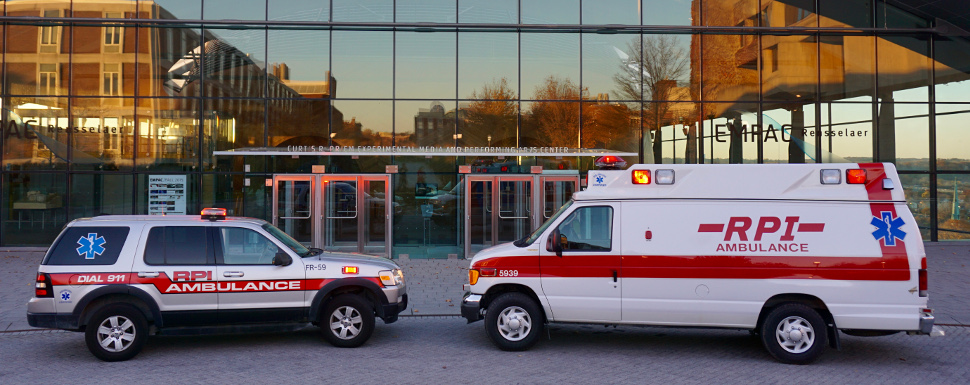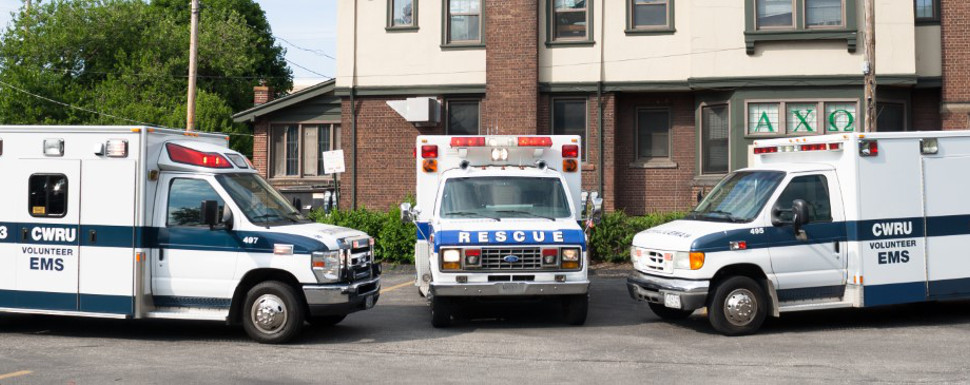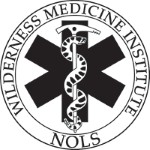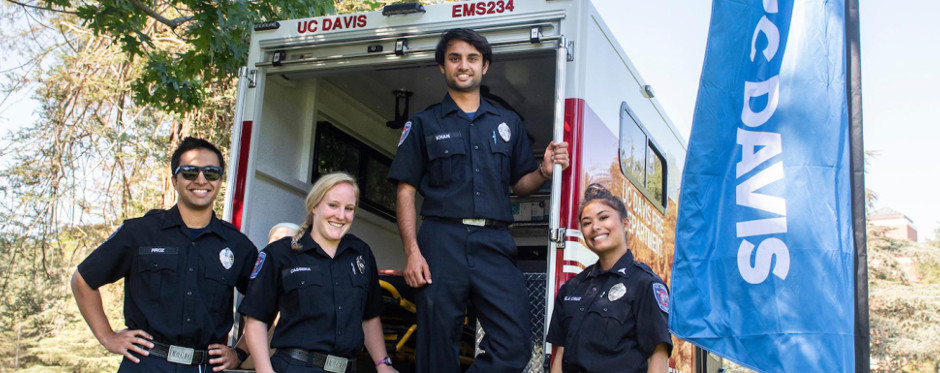
WCEMS Plans to Bring Lifesaving Skills to Wellesley Community
Have you ever thought about becoming an emergency medical technician (EMT)? Do you know what to do in the face of a medical emergency? To these questions, members of the Wellesley College Emergency Medical Services (WCEMS) answer yes and yes. An EMT is someone who is qualified to provide prehospital care, which are services such as CPR provided before a patient arrives at a hospital. Prehospital care starts when an emergency first becomes apparent and continues during the ambulance or car ride to the hospital. Extensive training is required to become an EMT, however the amount of time needed can vary. Although WCEMS has been dormant for nearly a year due to being de-constituted, it is making a comeback in 2018.
Initially active from 2006 to 2016, WCEMS had provided training related to emergency medical services to the Wellesley College community. The training appealed to students with a variety of goals, from students who went on to become EMTs to students who wanted to learn skills like CPR. Unfortunately, in the 2016-2017 academic year, the organization ended up being de-constituted, due in part to most of the leadership at the time graduating.
“We didn’t even know it had been de-constituted at first,” said Suyoung Choi ’20, current co-president of WCEMS.
Student interest in the organization, despite it being de-constituted, has remained high. Wellesley College taught an EMT course over Wintersession this year, which was a success. The organization’s Facebook page shows a group of smiling students who filled the classroom in which the course was taught. In addition, according to Choi and fellow executive board member Sora Kim ’18, a survey that was sent out over winter break indicated high levels of student interest in revitalizing the organization. Unfortunately, although the main function of the club is providing training courses, the number of courses may be limited this semester.
“Because we [just] got reconstituted, we don’t have as much [funding] as we wanted to,” explained Choi.
However, she says that the organization is definitely planning both a course in CPR and a course in CPR instruction for the future.
“We don’t want students to have to pay for that, so we’re also thinking of doing a CPR course for the faculty… so we can charge them and fundraise via that,” she said.
In fall 2018, the organization hopes to have sufficient funds to lead additional courses. These courses will teach students how to provide emergency medical care in a variety of situations. They also hope to bring in speakers—particularly experts in the field of emergency medical care who can shed light on the world of prehospital care—and attend conferences that include multiple collegiate EMS societies.
One of the reasons WCEMS is so important to its members is that it provides a perspective on medical care that its executive board members say is relatively rare on campus.
“A lot of the resources on campus focus on being in a hospital or medical setting…[fewer] focus on pre-hospital care,” says Kim, who had been a member of the organization prior to its de-constitution. “It’s an important step that I think gets ignored a lot of the time, especially on college campuses.”
Both Choi and Kim said that students generally have to go off-campus to places like MIT in order to receive prehospital training. With WCEMS, students now have a resource on campus and have no need to go into Cambridge to learn about emergency care.
“I really wanted to be able to provide these kinds of services to students because I myself as a pre-med…[feel] it’s a really great opportunity,” said Choi.
Kim added that one of the goals for WCEMS is not only to teach about prehospital care, but also to promote prehospital research on campus.
“We’ll look into topics that need to be addressed that Wellesley students can feasibly work on,” she said.
One such topic is whether having peers assist, or even be present in an emergency affects the outcome of the situation and whether the effect on the outcome is positive or negative. To answer this question, students could look at case studies. There are many unanswered questions in the field of prehospital care, so naturally there are many opportunities for research.
While many members of WCEMS are pre-med majors, not all of them are. Many aspects of emergency medical care are useful for everyone. CPR is an obvious example or in general, knowing what to do in a crisis.
“Learning first aid is something I believe all people should be trained in,” says Ellie Vincent ’19, a certified EMT and the other co-president of WCEMS. “Skills such as CPR and assisting with an Epi-Pen are things that could come in handy in anyone’s life. WCEMS hopes to be able to teach these easy, lifesaving skills to the Wellesley community and make it a safer place.”
Ultimately, WCEMS is a group for students who are interested in learning about prehospital care. Its goals range from promoting research to hosting speakers to providing training for EMTs. Now that it has been reconstituted, e-board members are excited for the organization’s future.
“I think it’ll be fairly easy for us because we’ve already been constituted, and a lot of students showed interest,” said Choi.
Retrieved from https://thewellesleynews.com/2018/02/28/wcems-plans-to-bring-lifesaving-skills-to-wellesley-community/ on 17 September 2018.

